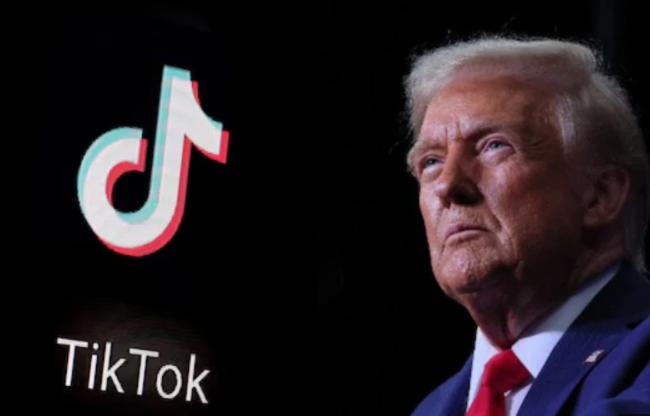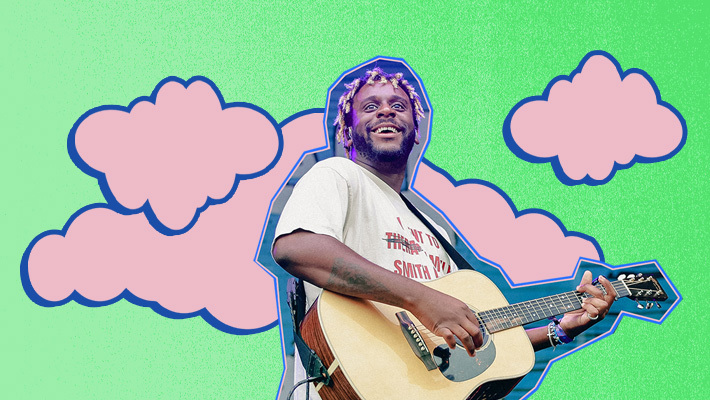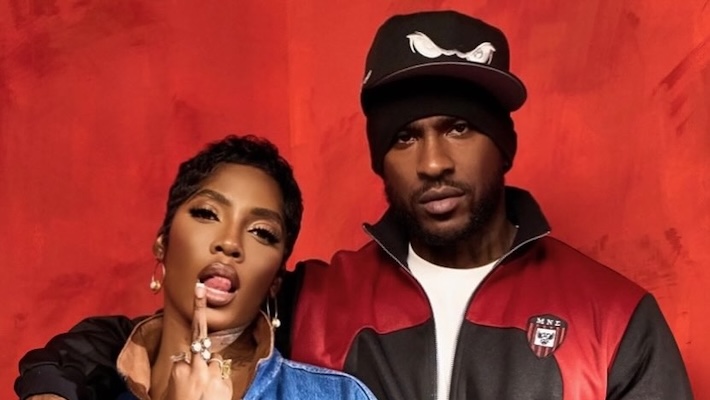If you love TikTok, you might have it for a little while longer. Former President Donald Trump and soon to be incoming POTUS just urged the U.S. Supreme Court to delay the implementation of a law that would ban TikTok in the United States unless its Chinese parent company, ByteDance, sells the platform.
What ya’ll think, should TikTok get the boot or nah?
The Supreme Court is set to hear arguments on January 10, with a decision potentially coming just days before the law’s effective date of January 19, which coincides with Trump’s incoming administration.
Advertisement
In a court filing submitted on Friday, Trump’s legal representative, D. John Sauer, argued that while Trump does not take a position on the law’s merits, he requested that the court pause the deadline for the divestment requirement, which would force ByteDance to sell TikTok to an American company. This pause, Trump’s team contends, would allow the incoming administration time to explore a political resolution to the issue before a final ruling is made.
“President Trump takes no position on the underlying merits of this dispute,” Sauer wrote, emphasizing that the former president’s goal was to provide his administration the opportunity to negotiate a solution. “He respectfully requests that the Court consider staying the Act’s deadline for divestment of January 19, 2025, while it considers the merits of this case,” Sauer added.
The law in question, known as the Protecting Americans from Foreign Adversary Controlled Applications Act, was passed in April with bipartisan support and signed into law by President Joe Biden. It mandates that TikTok’s Chinese owner, ByteDance, either sell the app to an American company or face a nationwide ban. The law is a direct response to growing concerns over national security, particularly regarding the potential for the Chinese government to access personal data of U.S. users or use the app for political manipulation.
Seems like a reasonable concern. If you take off the blinders.
While the law’s passage and its potential impact on TikTok have drawn bipartisan support, it has also sparked significant controversy. Critics, including TikTok, argue that a ban would violate free speech rights protected by the U.S. Constitution. The company contends that it operates independently of the Chinese government and should not be subject to a sweeping ban based on national security concerns.
In addition to the Justice Department, which filed a brief in defense of the law, Trump’s filing also highlighted his belief that he alone has the “dealmaking expertise” to broker a political solution. “President Trump alone possesses the consummate dealmaking expertise, the electoral mandate, and the political will to negotiate a resolution to save the platform while addressing the national security concerns expressed by the Government—concerns which President Trump himself has acknowledged,” Sauer wrote.
In case you’re wondering, this legal battle isn’t the first time Trump has tried to ban TikTok. In 2020, he attempted to force a sale of the app under national security grounds but was blocked by the courts. Despite this, Trump’s recent comments show a softened stance toward the platform, especially after meeting with TikTok CEO Shou Zi Chew in December. At the time, Trump expressed having a “warm spot” for TikTok, marking a reversal from his previous opposition to the app.
The monumental case is heating up as the January 10 arguments approach, with TikTok’s defenders making their case against the law’s implementation. In previous court rulings, including one from the U.S. Court of Appeals for the District of Columbia Circuit, judges upheld the law, citing legitimate concerns over national security. However, the Chinese government continues to deny any claims that TikTok poses a threat to U.S. national security.
With the law set to take effect on January 19, the Supreme Court’s decision could have significant implications not only for TikTok’s future in the U.S. but also for broader discussions about data privacy, national security, and free speech.




